Why corporations, emerging powers and petro-states are snapping up huge chunks of farmland in the developing world
- AlterNet
- 11 August 2009
To be brutally honest, mutual interest is the opposite of what investor countries are looking for

To be brutally honest, mutual interest is the opposite of what investor countries are looking for
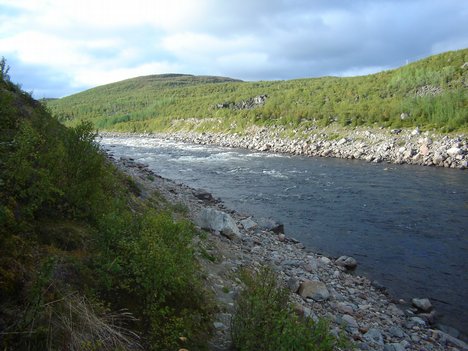
"Es una forma de hegemonía (...) Qatar nunca cedería a Kenia participaciones en sus campos petrolíferos", critica el abogado keniano Evans Monari.

"C'est une forme d'hégémonie (...) Le Qatar ne cèderait jamais au Kenya des participations dans ses champs pétrolifères", critique l'avocat kényan Evans Monari.
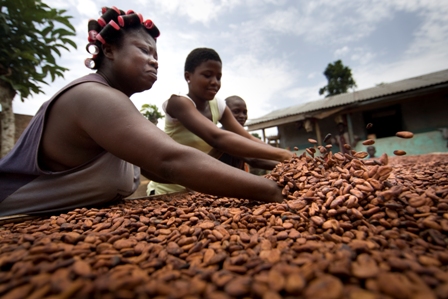
When people are using lands under customary tenure arrangements, there is an inequality in bargaining power where no formal titles to the land exist if a foreign investor is interested in purchasing the land.
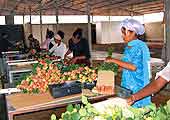
I wonder why the people (and more importantly the political leaders and elite) of the African and Latin American countries are not opposing and driving these companies out from within their national borders. The reason is simple. The rich and elite of every country is the real beneficiary of the process of globalisation.

What we are witnessing in countries like Ethiopia today is an extreme form of the banana republic syndrome.
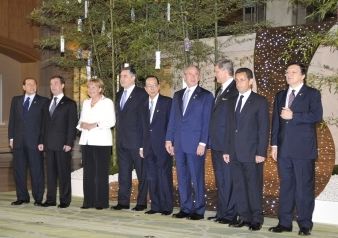
Japan will spearhead a drive at the Group of Eight summit to prevent "farmland grabbing" in developing countries and encourage responsible investing in agriculture.
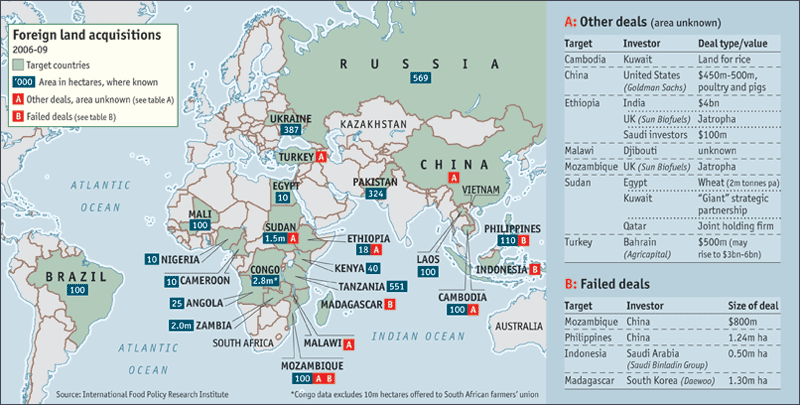
Rich food importers are acquiring vast tracts of poor countries' farmland. Is this beneficial foreign investment or neocolonialism?

A recent jump in rich country land purchases in the developing world has caught the attention of analysts in trade and human rights circles.
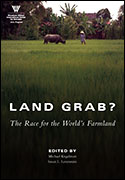
On May 5, the Wilson Center hosted a half-day conference that considered the implications for investors, host countries, and food security, highlighting case studies from Asia, Africa, Europe, and the former Soviet Union.
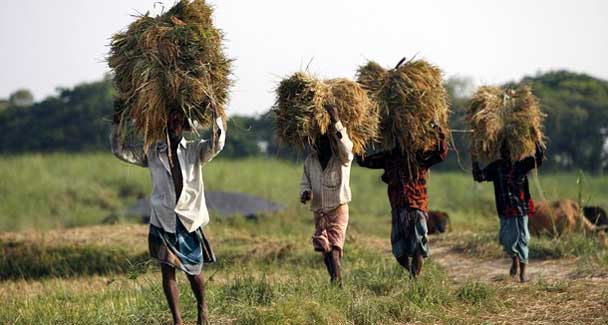
Mohammed Mbwana, who farms in the Tana River delta area and is an official of a local NGO, said the Qatar agreement would displace thousands of locals. At least 150,000 families in farming and pastoralist communities depend on the land in question, said to be part of Kenya’s biggest wetland.
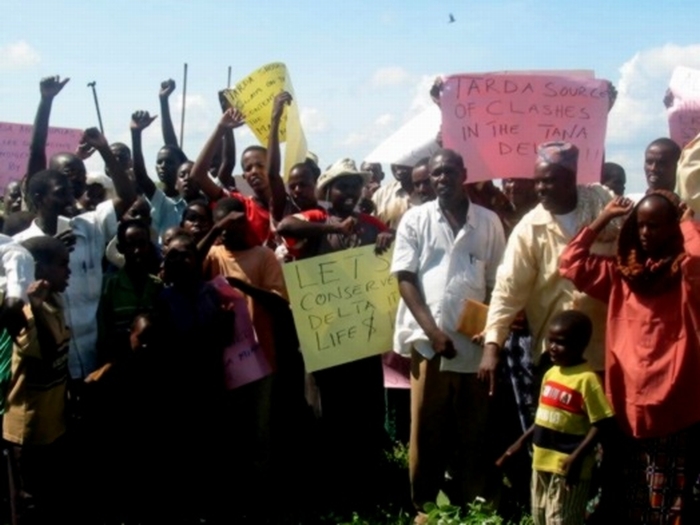
More than 20 million hectares of farmland in Africa and Latin America are now in the hands of foreign governments and companies, a sign of a global "land grab" that got a boost from last year's food crisis.

|
CAR offers land ownership using cryptocurrency
|